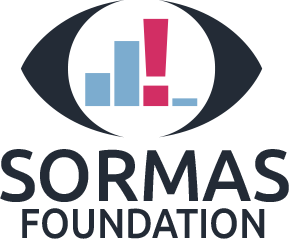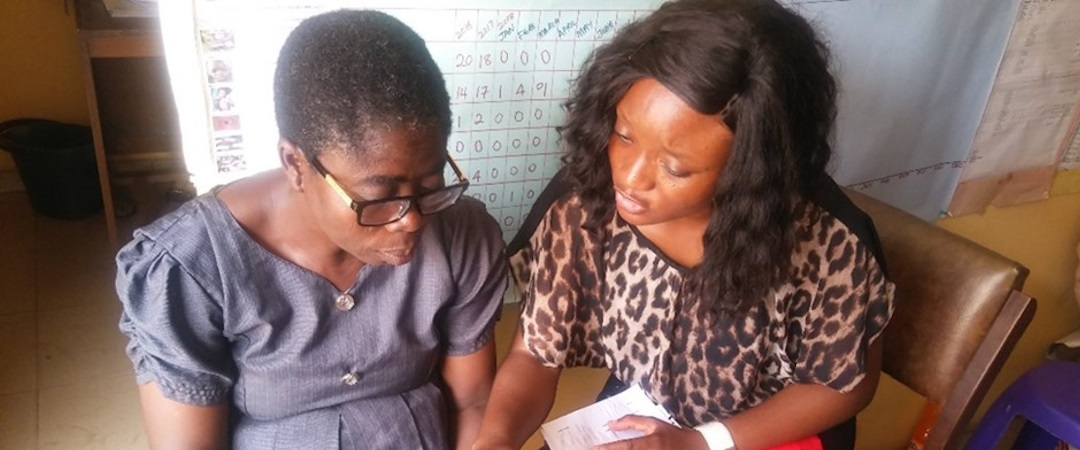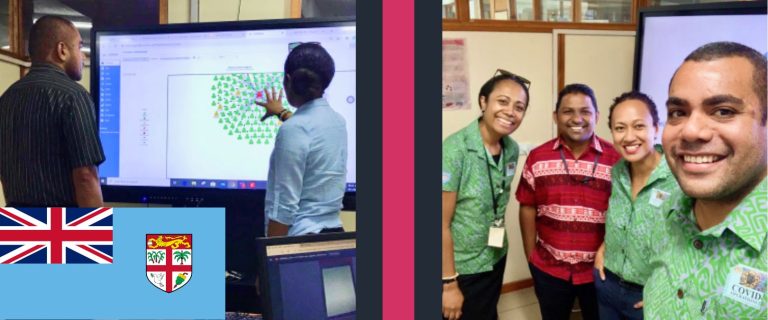A real-life story of the implementation of SORMAS in Nigeria by the NCDC team.
Author: Chinedu Arinze
In the heart of Kano state, North of Nigeria, where waterlogged areas are crossed via makeshift canoes and rural settlements grapple with the challenges of infectious diseases, a transformative force has emerged – the Surveillance Outbreak Response Management and Analysis System (SORMAS). This impact story unfolds in the remarkable journey of SORMAS, highlighting its deployment in one of the rural villages of Nigeria, and its critical role in the fight against infectious diseases.
Our adventure began with a visit to a remote settlement, accessible only through waterlogged paths navigated by makeshift canoes. As we arrived, the village chief extended a warm welcome, embodying the hope and anticipation that technology could bring to their community. The chief, expressing excitement, acknowledged the potential of SORMAS in combating infectious diseases that had long plagued their village. This encounter was a poignant reminder of the transformative power of technology in the most unexpected corners of the world.
The true essence of SORMAS unfolded as the village children gathered, their innocent joy radiating as they danced and sang the national anthem. In their eyes, one could witness the tangible impact of deploying technology beyond real-time data collection – a beacon of hope for a healthier future. The celebration echoed the positive change that SORMAS promised, symbolizing the community’s belief in a better tomorrow.
The challenges did not end there. Navigating through high-security risk areas, our team risked their lives to ensure that primary health care centres in vulnerable regions received the SORMAS devices. These efforts were driven by the commitment to empower local healthcare providers with the tools and knowledge needed to report critical data. In these perilous journeys, SORMAS became a lifeline for communities facing the dual threat of infectious diseases and security risks.
During the COVID-19 pandemic, the Government of Nigeria recognized the pivotal role of SORMAS in crisis response. Mandating its nationwide deployment, SORMAS became a cornerstone of high-level measures to combat not only the pandemic but also to proactively address future infectious diseases. The rapid implementation of SORMAS at a national level showcased its adaptability and effectiveness in crisis management.
In the end, the impact of SORMAS goes beyond statistics and data points. It is measured in lives saved, communities protected, and futures secured. The story of SORMAS is a testament to the power of technology to bridge gaps, empower communities, and safeguard the well-being of individuals, especially in the most vulnerable and remote areas. As we reflect on these moments, it becomes evident that SORMAS is not just a tool; it is a catalyst for positive change, ensuring that no community is left behind in the ongoing battle against infectious diseases.






